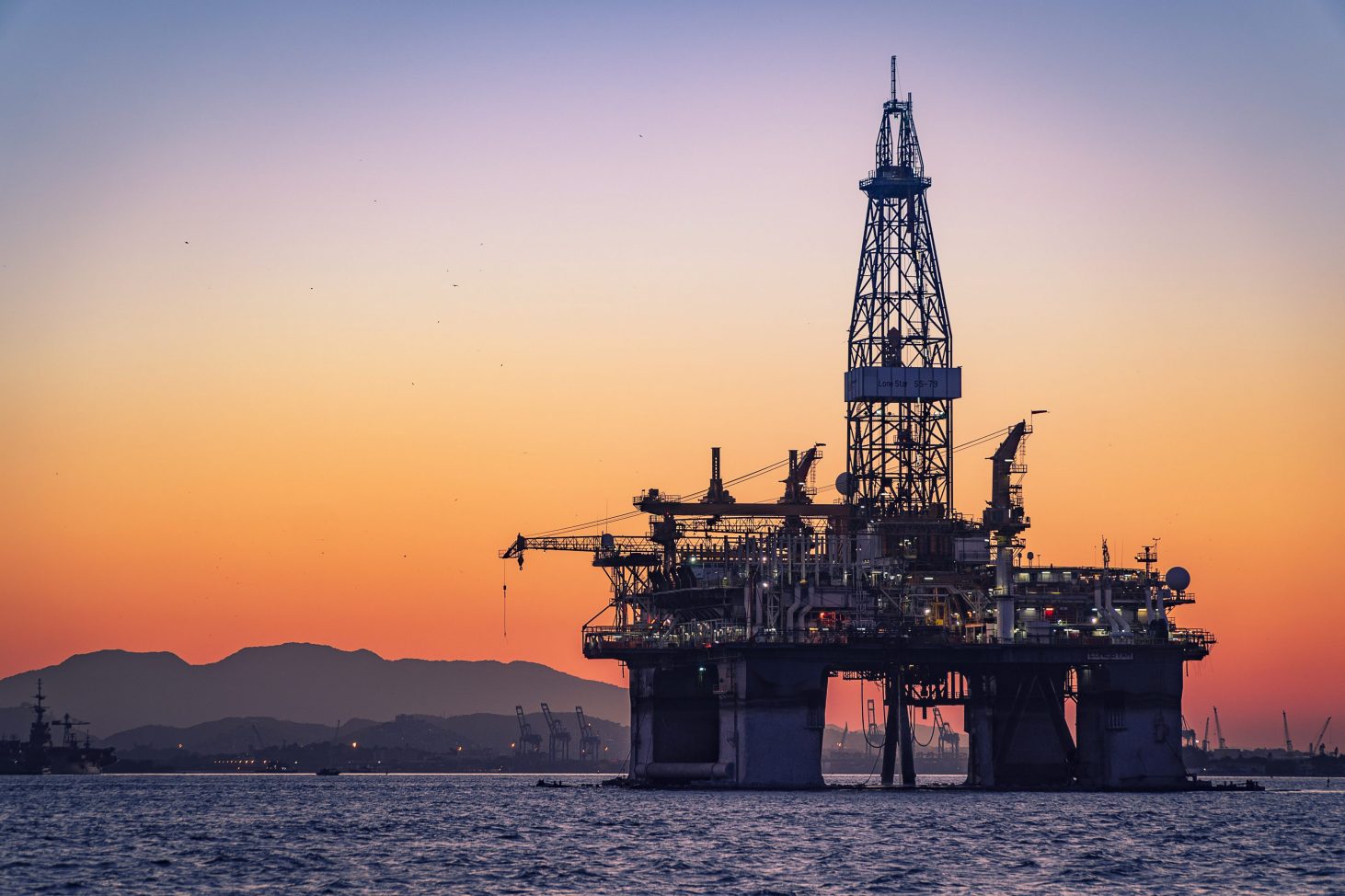There’s no doubt that the oil and gas industry is in a state of flux. With the world’s biggest consumers – the United States and China – looking to tap into their own reserves, and new technologies providing alternatives to traditional fossil fuels, the future for the oil and gas industry looks decidedly different than it did even a decade ago. That said, the oil and gas industry is still a major player in the global energy mix, and is likely to remain so for the foreseeable future.
The question then becomes, what will the oil and gas industry look like in the years to come? Only time will tell, but one thing is certain: the future of the oil and gas industry is sure to be an interesting one.
The oil and gas industry is under immense pressure as the world progresses towards a more sustainable future. The industry is being forced to change the way it operates and the products it produces in order to meet the challenges of a decarbonised world. The energy transition is gathering pace and the oil and gas industry is starting to feel the heat. The world is moving away from fossil fuels and towards renewable energy, and oil and gas companies are being forced to adapt or face obsolescence.
The future of the oil and gas industry is therefore uncertain. The industry is facing headwinds from the energy transition, but it is also benefiting from the rise in global energy demand. The oil and gas industry is at a crossroads, and the next few years will be critical in determining its future.
The industry is under pressure to decarbonise
The oil and gas industry is under immense pressure to decarbonise its operations and products in order to meet the challenges of the energy transition. The Paris Agreement on climate change, which was signed by almost 200 countries in 2016, calls for a radical reduction in global greenhouse gas emissions. In order to meet the Paris targets, the world will need to decarbonise at an unprecedented rate. This presents a major challenge for the oil and gas industry, which is the largest source of greenhouse gas emissions.
The oil and gas industry is therefore under pressure to reduce its emissions, and this is forcing companies to change the way they operate. Many oil and gas companies are investing in low-carbon technologies, such as carbon capture and storage (CCS), and some are even starting to explore the possibility of a transition to renewable energy. The future of the oil and gas industry is therefore closely linked to the success of the energy transition. If the world is successful in decarbonising, the oil and gas industry will need to radically change the way it operates. If the world fails to decarbonise, the oil and gas industry will be left behind.
The industry is benefiting from the rise in global energy demand
Despite the challenges posed by the energy transition, the oil and gas industry is benefiting from the rise in global energy demand. This is because the world is using more energy than ever before, and oil and gas are still the largest sources of energy. Global energy demand is rising due to population growth and the economic development of countries such as China and India. This is good news for the oil and gas industry, as companies are able to sell more of their products.
The future of the oil and gas industry is shrouded in uncertainty, or is it?
The fossil fuel industry has come under intense scrutiny in recent years, as the world increasingly turns to renewable energy sources in an effort to combat climate change.
Despite this, the oil and gas industry is still forecast to grow in the coming years. A recent report from the International Energy Agency (IEA) found that the oil and gas industry is still set to grow by 1.3% per year until 2040. This growth is driven by the continued demand for oil and gas in the Asia-Pacific region, which is home to some of the world’s fastest-growing economies.
The truth is, nearly every product developed today has to use oil and gas in its manufacturing process so even with the push for renewable energy; the market for oil and gas companies will remain strong for the foreseeable future.

